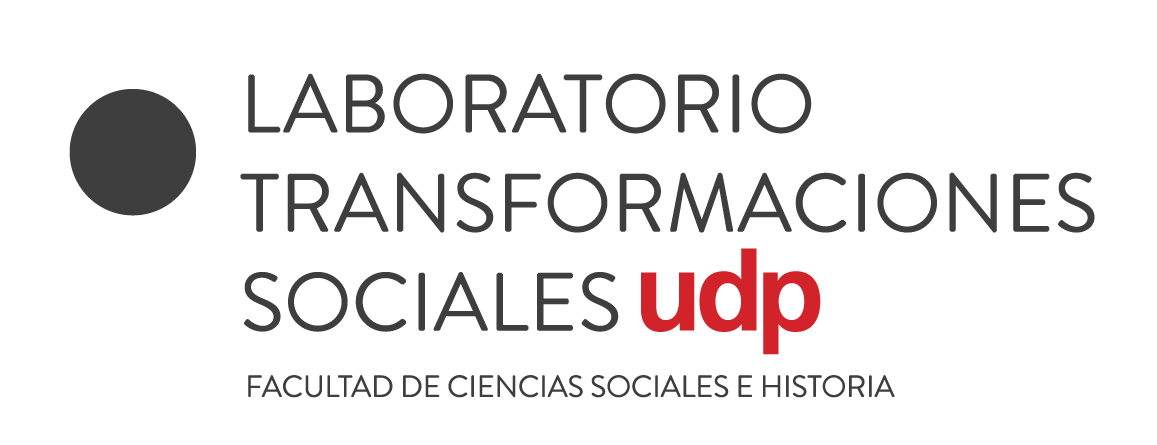Social Acceleration, Multiple Modernities and Democratic Cultures: Re-evaluating Hartmut Rosa’s Theory of Modernity
DOI:
https://doi.org/10.32995/0719-64232020v6n11-97Keywords:
Theories of modernity, Multiple modernities, Democratic cultures, Social acceleration, Harmurt RosaAbstract
Hartmut Rosa’s theory of modernity combines analytic and normative approaches, i.e. structural and cultural elements by means of which it reveals the dominant modes under which our contemporary societies operate. At the same time, this theory seems to present certain shortcomings when trying to make sense of national political cultures, for which a culturally and historically situated approach is needed, as the present article attempts to show. The legitimation crises of modern democracies, as we witness today
in many countries of the world, seem to presuppose a normative-contextual interpretation, one which is not incompatible with Rosa’s theoretical program. In identifying and assessing the strengths and weaknesses of Rosa’s theory, this article evaluates the ability of the thesis of social acceleration –which explicitly describes a common pattern encompassing the modern world in its entirety— for understanding the ‘multiple modernities’ and ‘democratic cultures’ that we can observe around the globe.
Downloads
Published
How to Cite
Issue
Section
License
Copyright (c) 2020 Darío Montero

This work is licensed under a Creative Commons Attribution-NoDerivatives 4.0 International License.

Este obra está bajo una licencia de Creative Commons Reconocimiento-NoComercial-CompartirIgual 4.0 Internacional.



